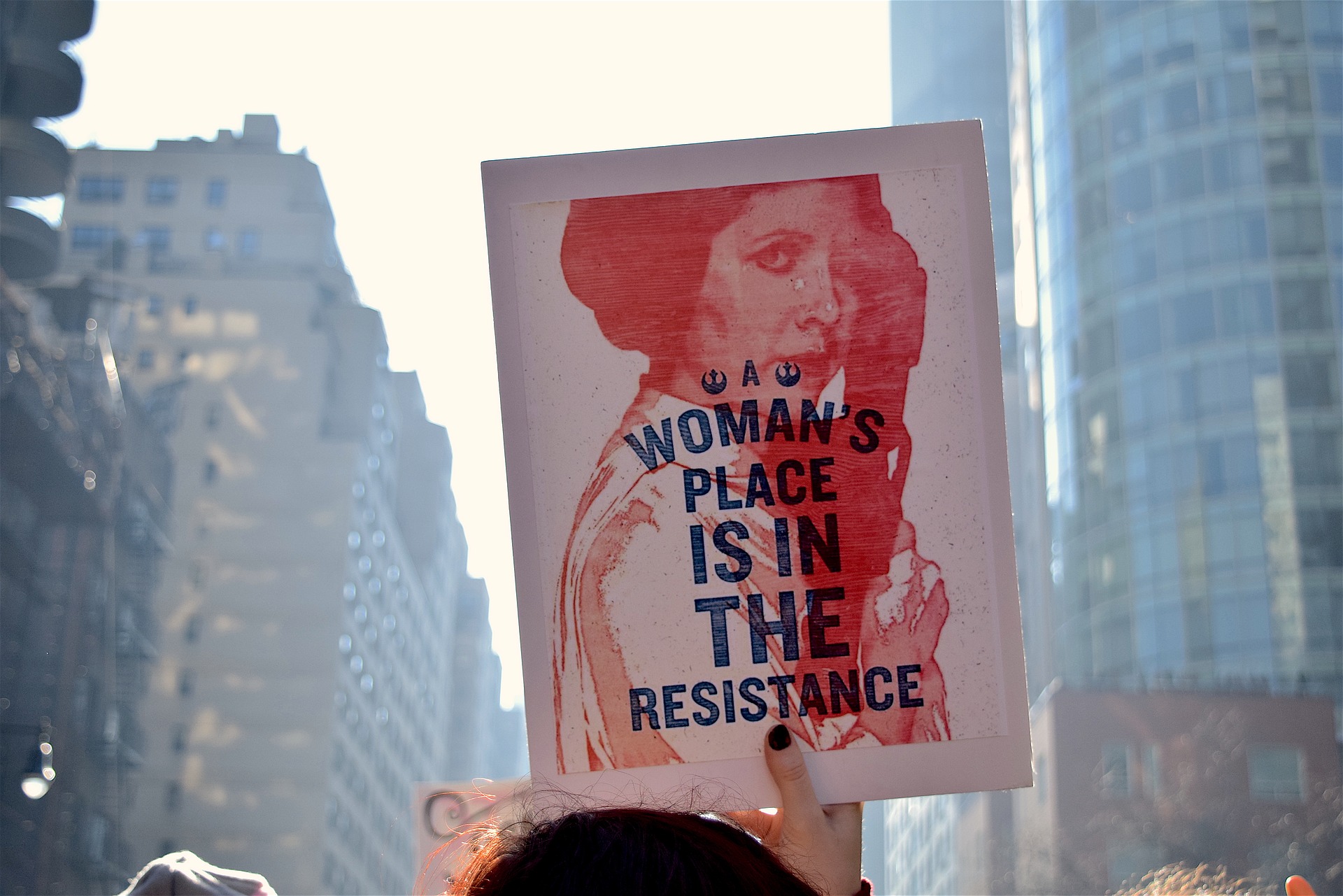Two weeks from today I will hop on an Airbus A340-600 and head across the pond. First stop London. I will finally see my daughter, who I haven’t seen since the beginning of January. And after a quick three-day tour of London, my family and I will begin our five country, fourteen-day tour.
A bit ambitious, but exciting.
In preparation, I have been obsessing over two things: how to pack two-week’s worth of clothes in a carry-on and what camera lens to take. While there is probably some connection I could make between my clothes challenge and writing, but I don’t see it. Perhaps it’s because I haven’t gotten much further than deciding on what color jeans to pack – black, dark blue-wash and gray, in case you’re wondering.
The decision on a camera lens, on the other hand, relates to some of the same choices I make as a writer.
So, here’s the issue. I have a macro lens and a telephoto lens, which for the most part fit my photography needs. I could pack both and go on my merry way. But who wants to lug around two heavy pieces of equipment when they may or may not be the right tools to convey the story I want to tell.
Which begs to question, what story am I trying to tell.
It’s easy to take the typical vacation pictures everyone takes. The person standing a distance from the Leaning Tower of Pisa, pretending to hold it up. The one where someone has the Eiffel Tower between his thumb and pointer finger. Or the perfectly centered postcard-type shot of some landmark. They all record the trip, but they don’t share anything about the traveler.
A great photo reflects the eye of the photographer, revealing her soul through the emotion she evokes and the sense of time and place she creates. It tells a story only that photographer can tell.
As writers, you and I are called to write the stories only we can write. We could write more generic pieces, but that doesn’t reveal who we are or allow the reader to connect with a real person. Also, we miss the beauty of revelation when we gravitate toward more popular or familiar ways of seeing. The writing may be more difficult, but it’s far more interesting to write and to read.
In some ways, it’s easier for me to reveal my soul as a photographer than as a writer. My photos focus on beauty while my writing tries to make sense of pain. It feels as if there is more to lose when I share my thoughts in words.
But then I’m reminded of a photograph I took of my son several years ago. I’ve always loved the picture, but it wasn’t until after his death that I understood why. That photo of Matt captures both his beauty and his pain.
Back when I took that picture, I would often step into the shadows to photograph my children moving naturally through their life. I wanted to tell the story of who they were while growing up. Unfortunately, they hated those types of photographs and started calling me a stalker. They became hyper-alert whenever I picked up my camera, so I couldn’t take pictures unobserved. Instead I would have to beg them to pose for a photo, which always ended in bickering between the three of them. As a result, I took less and less pictures of them individually and collectively.
This trip to Europe is a special trip for my family. The last time we took a major trip it was our first Christmas after Matt’s death. All we wanted was a distraction. And when I picked up the camera, I focused on the ocean, sunrises and sunsets. It soothed my broken heart. I avoided candid, unobserved shots. It broke my heart to see the pain written on my children’s faces when no one was looking.
Perhaps I’ve been obsessing over camera lens because I want to remember this trip as more than a list of sites seen. I want to tell the story of healing and hope. That’s why I decided to take both lens. And just case I see something neither of those lens cover, I bought another one.
Now all I have to do is figure the clothes thing out.








